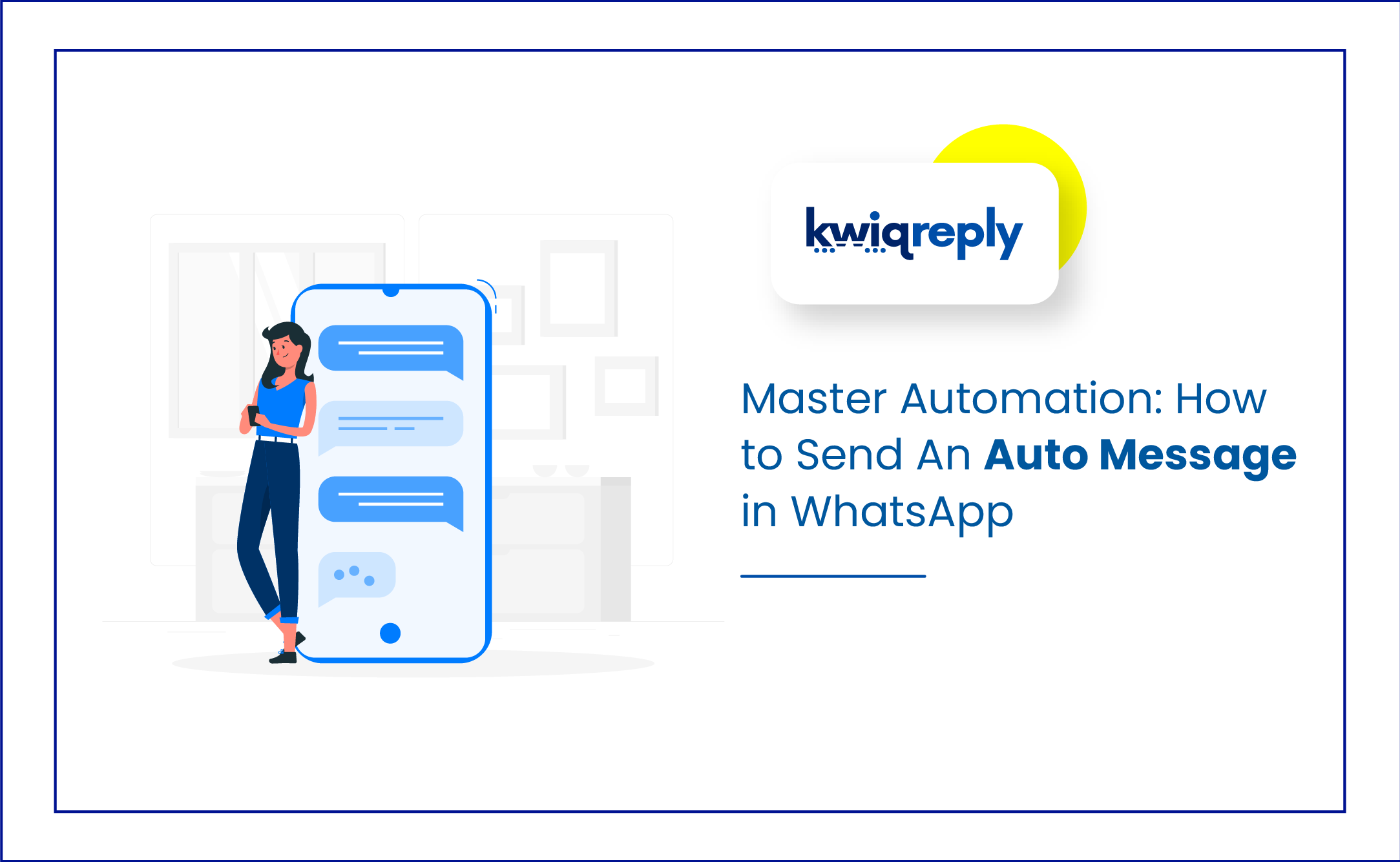
Master Automation: How to Send An Auto Message in WhatsApp
Sending auto messages on WhatsApp is a powerful solution to streamline interactions, provide timely responses, and automate repetitive tasks. In this blog, we will explore the various methods and tools available to send an auto message in WhatsApp, whether for personal use, business communication, or customer engagement.
What are Auto Messages?
Auto messages, also known as automated messages, refer to pre-configured messages that are sent automatically in response to specific triggers or events. This automation is particularly useful for saving time, ensuring prompt responses, and maintaining consistent communication.
Use Cases for Auto Messages
Businesses can find several uses for sending an auto message in WhatsApp. These applications and scenarios include:
Customer support: Sending immediate responses to common queries.
Business communication: Automating appointment reminders, order confirmations, and updates.
Personal use: Setting up automated replies for times when you're busy or unavailable.
Methods for Sending Auto Messages on WhatsApp
WhatsApp Business API
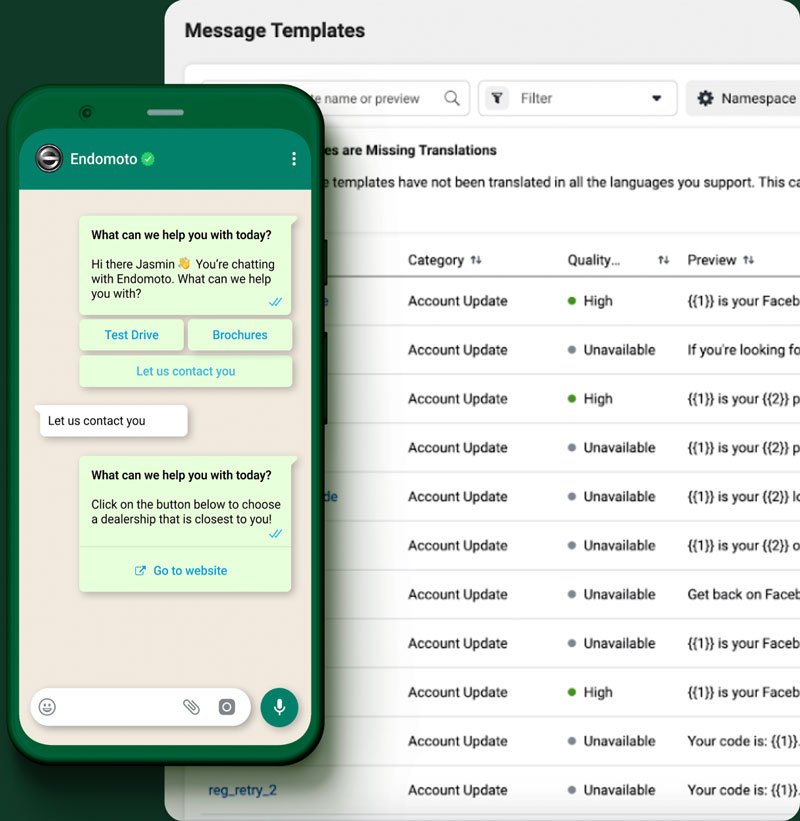
WhatsApp Business API is a powerful tool for businesses to send auto messages at scale. It allows integration with third-party tools, customer relationship management (CRM) systems, and chatbot platforms. Access to the API can be gained by contacting a WhatsApp BSP like kwiqreply and setting up an account.
Using Chatbots
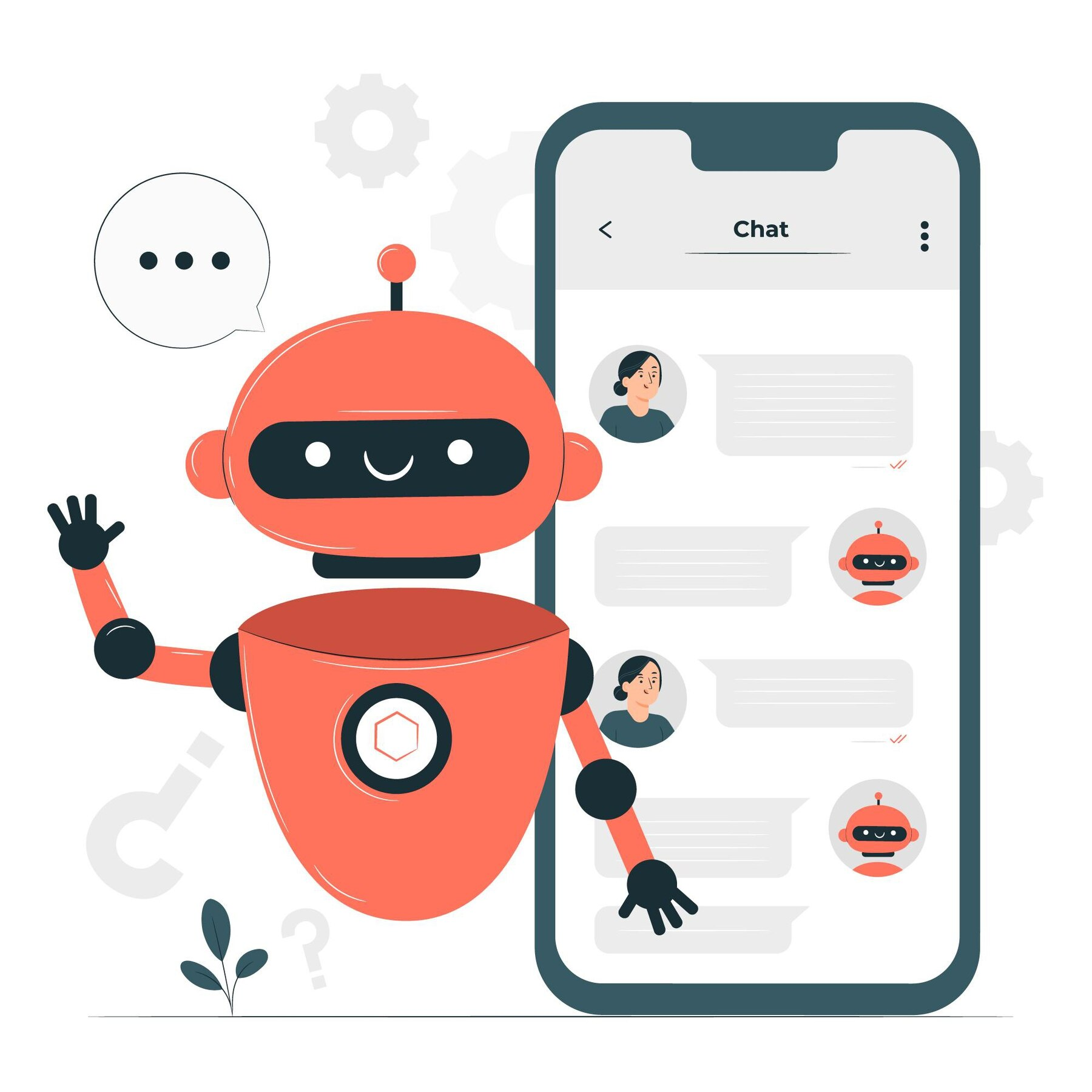
Chatbots are automated systems that can simulate human-like conversations. By integrating a chatbot with WhatsApp, businesses, and individuals can set up auto messages based on user interactions. These can be built independently but can also be integrated with the WhatsApp Business API to create a complete ecosystem for efficient automation.
Best Practices for Sending An Auto Message In WhatsApp
Personalization

- Tailor auto messages to be personalized and contextually relevant.
- Use variables or dynamic content for a more engaging experience.
Clear Opt-In and Opt-Out
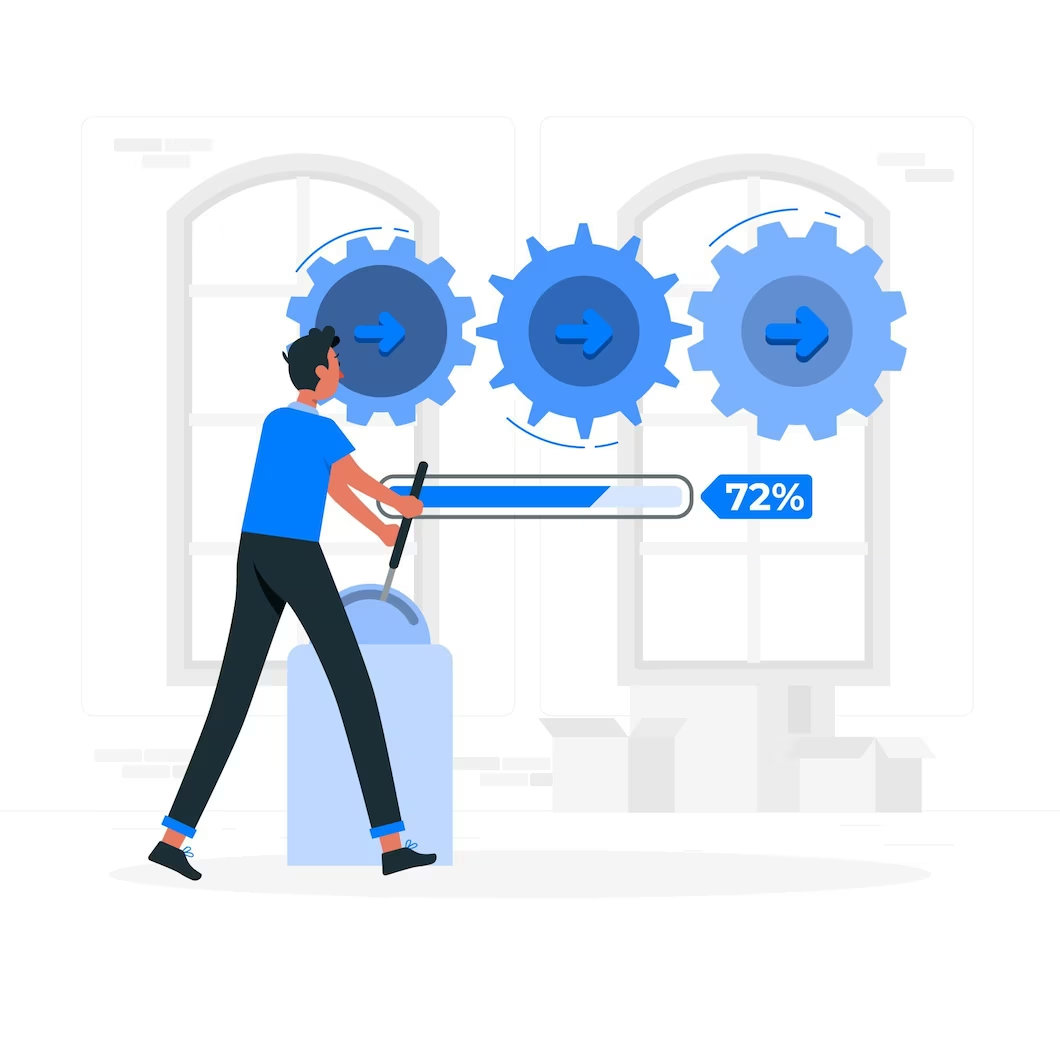
- Ensure users have the option to opt in or out of receiving auto messages.
- Clearly specify the purpose and frequency of automated messages.
Monitor User Interactions
- Regularly monitor userinteractions with auto messages.
- Analyze feedback and makeadjustments to improve the user experience.
Compliance with WhatsApp Policies
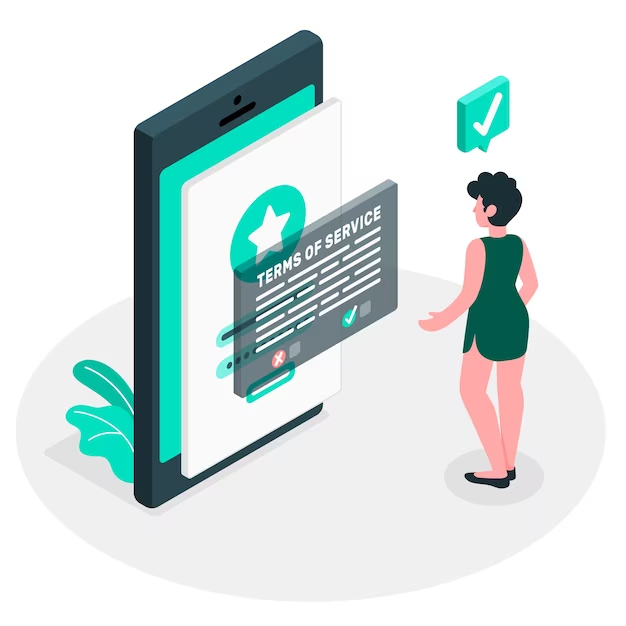
- Adhere to WhatsApp's policies and guidelines when sending auto messages.
- Avoid spammy or unsolicited messages to maintain a positive reputation.
Balance Automation and Human Touch

- Integrate automation seamlessly with human agents for escalation.
- Include options for users to connect with human support when needed.
Concluding,
Sending an auto message in WhatsApp can significantly enhance communication efficiency. Understanding and choosing the right approach and implementing best practices will ensure a positive user experience. The benefits of automating messages are diverse. Use them effectively and you'll be well-equipped to navigate the world of automation on WhatsApp and leverage its power in your messaging strategy.
At kwiqreply, we help you fully leverage the features of the WhatsApp Business API for your organization. kwiqreply is the best WhatsApp Business API CRM and Helpdesk for Small Businesses. kwiqreply’s integration with the API offers dynamic features such as bulk messaging, customizable templates, AI-powered WhatsApp chatbots, and much more.
So, seize the opportunity, leverage WhatsApp's potential, and propel your business toward sustainable growth and success! Know more about WhatsApp Business API’s features and start nurturing leads with kwiqreply by clicking the link below.
Click here to book a free demo and let us show you how you can do more business with WhatsApp.
Read more blogs like this -